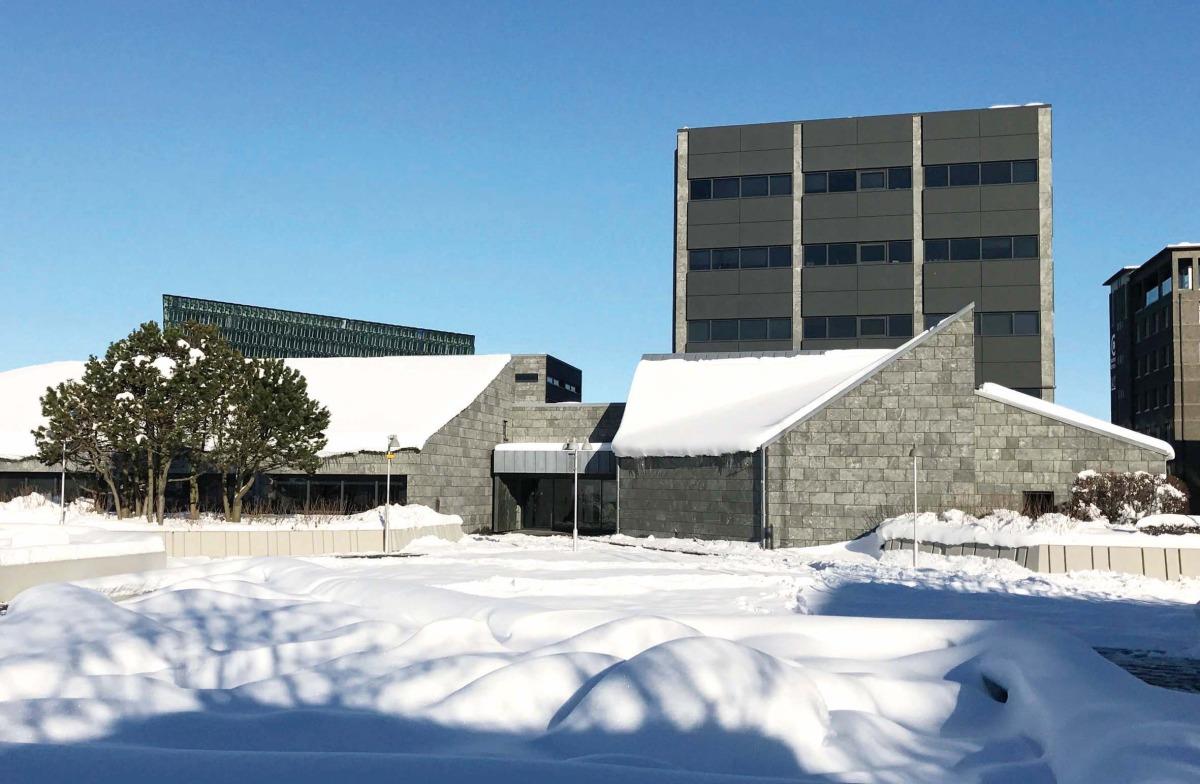
Iceland Holds Western Europe's Highest Rate At 9.25% On Inflation
Reykjavík: Iceland's central bank kept interest rates unchanged for a sixth meeting in a row as western Europe's highest borrowing costs have yet to tame inflation on the Atlantic island.
Policymakers at Sedlabanki left the 7-day term deposit rate at 9.25% on Wednesday, as forecast by the nation's largest banks and the central bank's own survey of market participants.
The key rate has been held at a 14-year high since August last year.
“The general trend of cooling is very clear,” but“things are not going as fast as we would like,” Governor Asgeir Jonsson said in an interview after the announcement, without ruling out a rate cut before the year-end.
The krona weakened against the euro and the dollar after the announcement, trading 0.4% lower versus the euro at 152.70 at 12:37 p.m. in Reykjavik.
Icelandic policymakers are keeping a more aggressive stance than most of their rich-world peers, who have either started post-pandemic monetary easing or are close to pivoting, including the Federal Reserve.
“As I read the forward guidance, they don't expect to hike rates further but the likelihood of a rate cut before the end of the year has decreased,” Jon Bjarki Bentsson, head of research at Islandsbanki hf, said by phone.
The central bank lowered its forecasts for economic growth through 2026 and raised its projections for consumer price gains.
It will“take some time” to bring inflation back to an acceptable level, officials said in a statement.
Icelandic price growth, at a rate of 6.3% last month, remains significantly above the central bank's target, driven by surging home values.
A spending boost by the government to deal with the fallout from volcanic activity near the capital has offset some of the effects from higher credit costs, even as the economy has been cooling since the second half of last year.
The inflation-fighting efforts by Jonsson and his colleagues have been hampered after volcanic eruptions near fishing town Grindavik forced roughly 1% of the nation to seek new homes since late last year.
The government responded by offering to buy out all home owners in the town, in addition to other spending related to the seismic activity, such as rebuilding infrastructure.
The government also promised an 80 billion-krona ($584 million) welfare package to pave the way for a four-year collective wage deal in March.
“The first effect of these wage agreements has not given as much anchor to inflation as we would have hoped,” Jonsson said.
“The households got relatively large sums of money over a very short time both through wage increases and increases in benefits. When that happens, people spend.”

Legal Disclaimer:
MENAFN provides the
information “as is” without warranty of any kind. We do not accept
any responsibility or liability for the accuracy, content, images,
videos, licenses, completeness, legality, or reliability of the information
contained in this article. If you have any complaints or copyright
issues related to this article, kindly contact the provider above.


















Comments
No comment